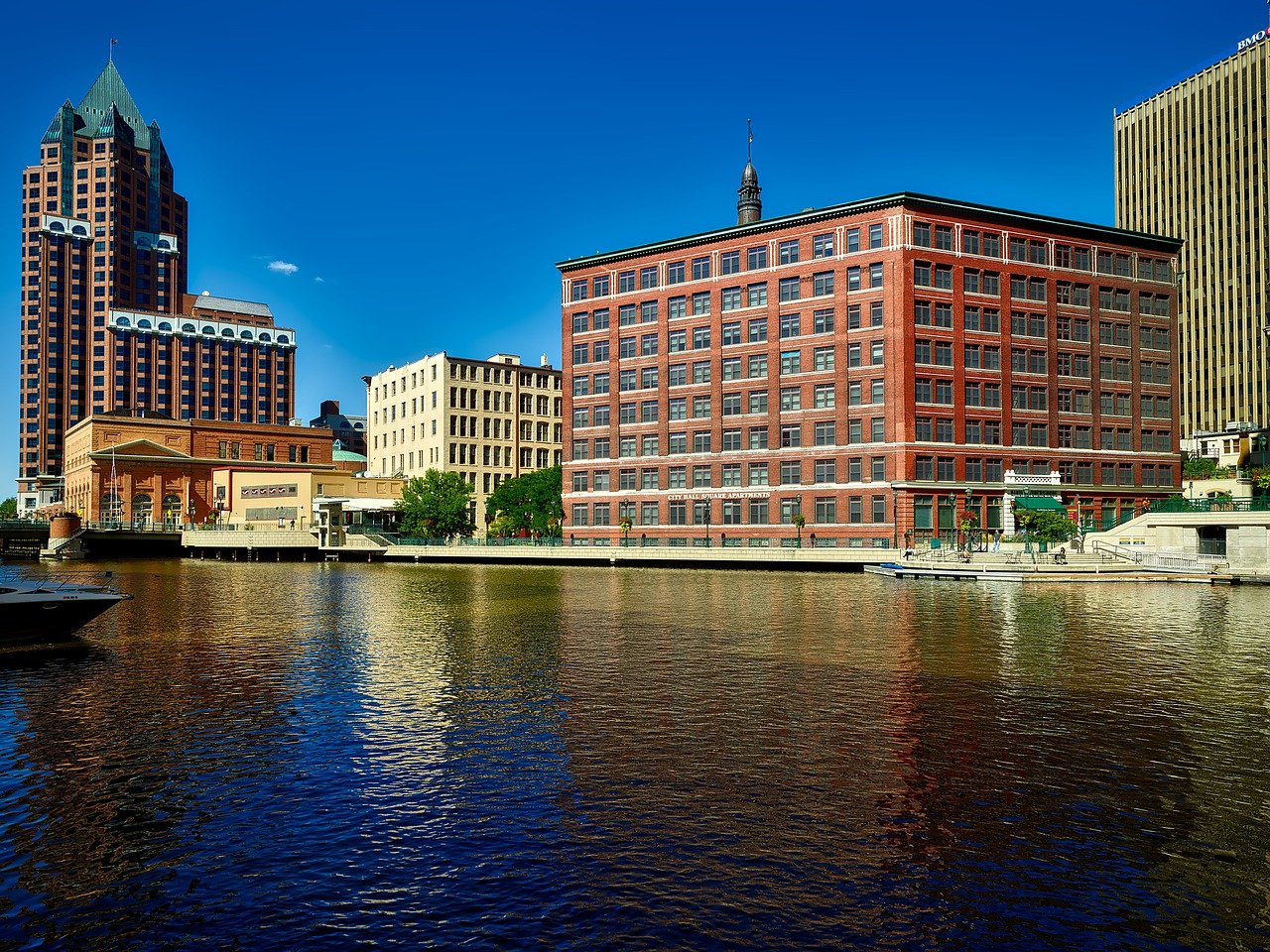You’d struggle to find anyone who believes our current banking sector was the ideal one for producing and maintaining a strong and just economy. The 2008 crisis showed how unstable, and vital to the wider economy, the sector is.
The fact is, credit is both necessary and central to the global economy. Economists like Lazzarato have come up with theories about how debt drives economic production and an ever-increasing economy and in an era where finance has come to dominate our economy, it is evident to everyone that banks are very powerful institutions and if they could be reformed could be the power behind substantial improvement in our economy.
Democratisation of our banking sector, via co-operatives and credit unions, is something that merits serious thought.
Co-operative banks have their roots in working class emancipation, and in particular migrant communities who had to develop their own infrastructure to exist. The first coop was developed by German farmers in the 18th century and the first credit union in the Britain was started by Afro-Caribbean migrants in 1967. Though still a minor section of the domestic banking sector, in the last decade the co-operative banking sector has grown dramatically with credit union membership increasing from just over 650,000 members in 2008 to just under 2 million today.
Co-op banks are owned and controlled by their members on a 1 member 1 vote basis, with credit unions having a ‘common bond’ between members. Members elect the board of directors and decide what to do with the profits. Nationwide is an example of a co-operatively owned financial institution, while the co-operative bank is confusingly not a co-operative bank. They are mainstream across Europe but the nation with the strongest co-op bank sector is Germany where they account for 17% of total bank assets.
In fact, Germany’s strong co-operative banking sector has been credited with their swift recovery from the 2008 Banking crisis. The co-operative nature of these banks meant they had real stake in communities so worked hard to rebuild local economies post-crash.
One key part of this is their lending to SMEs. Cooperative banks share of all loans in Germany is 16%, but the share of loans to SMEs stands at 34%, showing they are more willing to lend to small businesses. Research from within the EU shows that SMEs perform better in countries with large cooperative banking sector and suggests that they loan to SMEs with lower costs, with a particular emphasis on providing capital often not available to others.
At the peak of the financial crisis, the cooperative banks were the only “pillar” of the German banking system which significantly expanded business lending. At the same time, the German cooperative banks were the only part of the banking system that didn’t need a government bailout during the financial crisis.
This leads to another of their advantages: Co-operative banks are more stable and resilient than their commercial competitors.
The failure rate of US credit unions at the height of the financial crisis between 2008 -2010 was around 0.3%, 5x lower than that of corporate banks. In the 80 year history of German co-operative banks, not one has gone bankrupt, and countries with smaller co-operative banking sector generally fared worse in the financial crisis and subsequent recession due to lack of available credit.
These two features make them ideal financial instruments in a post-recession economy. This alongside the fact that they keep money in the hands of people that will spend it means they can help alleviate busts in the economy. If Lloyds had been a co-operative bank in 2017, 30 million customers would have shared out £4.4bn billion in profits, rather than its dividends going to shareholders. This would have meant millions of working-class people with more money to spend, giving them more financial security and boosting the economy.
In fact, the demutualisation of building societies in the UK helped contribute to the 2008 financial crisis and it is long due that a wave of democratisation struck the financial sector in the UK.
Unfortunately, the Labour Party’s current approach does not currently recognise this. In their report “A new public banking ecosystem”, system co-operative banks are mentioned just once, and they are not mentioned at all in Labour’s manifesto. The focus instead has been on new regional investment banks, but this may only offer new investment focuses and won’t change the role finance plays for most workers.
Furthermore, when Extinction Rebellion protested outside Barclays last May the move was welcomed, they spoke of radical banking alternatives to the corporate climate change supporting bank, but if they actually want to see change, how would it operate and how would new impulses be integrated?
Forces are required to stop commercial banks becoming too big to fail but its time for a positive movement to democratise our banking system. This should start with us moving our money to credit unions, building societies and other co-operative banks.
Debt has been part of our economic system long before the first banks existed but in the age of financial dominated capitalism and vast, globalised production networks, it is more important than ever. If we want an economy truly controlled by the population, not a small group of wealthy owners, then we need to democratise banking. It won’t just put us more in control of our economy, it will actively improve it.





